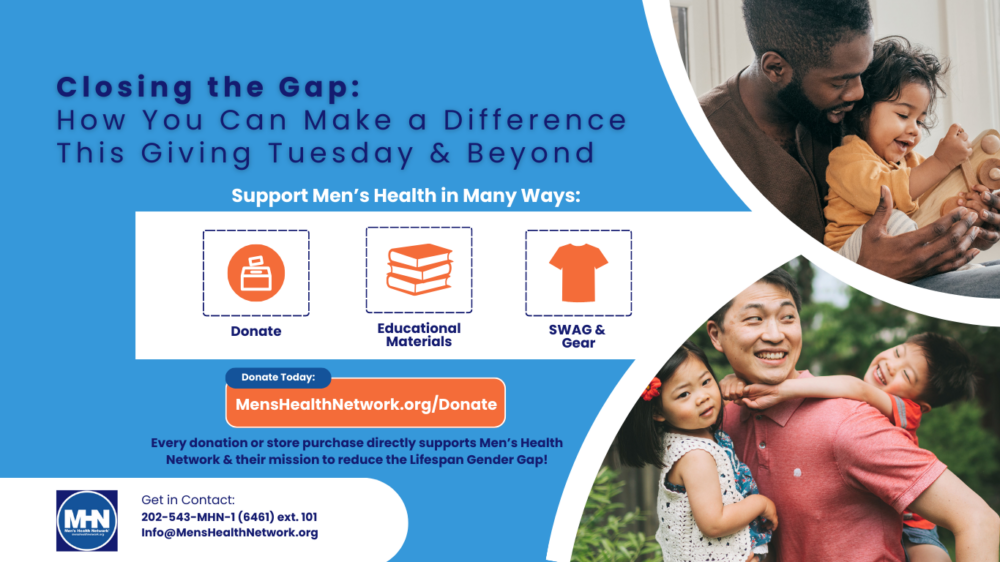 There’s a lot of controversy about Vitamin D and estimates of how many American have a deficiency range from 8 percent to nearly 80 percent. But what isn’t debatable is that Vitamin D (which is actually not a vitamin at all, but a hormone) plays an important role in an astonishing number of conditions throughout our bodies. For example, Vitamin D strengthens bones and reduces fractures, helps fight depression, boosts the immune system, reduces blood pressure, helps with weight management by reducing food cravings, and may even fight some cancers (including breast, prostate, and kidney). Some scientists have made a connection between Vitamin D deficiency and Alzheimer’s, sexual dysfunction, autoimmune diseases, Parkinson’s, diabetes, and heart disease.
There’s a lot of controversy about Vitamin D and estimates of how many American have a deficiency range from 8 percent to nearly 80 percent. But what isn’t debatable is that Vitamin D (which is actually not a vitamin at all, but a hormone) plays an important role in an astonishing number of conditions throughout our bodies. For example, Vitamin D strengthens bones and reduces fractures, helps fight depression, boosts the immune system, reduces blood pressure, helps with weight management by reducing food cravings, and may even fight some cancers (including breast, prostate, and kidney). Some scientists have made a connection between Vitamin D deficiency and Alzheimer’s, sexual dysfunction, autoimmune diseases, Parkinson’s, diabetes, and heart disease.
The most common way we get Vitamin D is through exposure to the sun—as little as 10 minutes per day may be enough to keep you from becoming deficient. But with so much talk of skin cancer and people applying liberal amounts of sunscreen, a lot of us aren’t getting nearly enough. Fortunately, Vitamin D is also found in a variety of foods, including cod liver oil, eggs, fatty cold-water fish like salmon, mackerel, bluefish, anchovies, sardines and tuna, and D-fortified milk.
You’re especially susceptible to a Vitamin D deficiency if you’re elderly, obese, don’t get enough sun, have certain kinds of bowel disease such as Crohn’s, are pregnant or nursing, or are African American or have dark skin (which is a natural sun block).
The best way to tell whether you have a D deficiency—and, if you have one, how severe it is—is to ask your medical provider to do a test (called 24-OH D).
There are actually two different types of Vitamin D: D2 and D3 (not sure why there isn’t a D1). And the general consensus is that if you’re taking a supplement, you go with D3. Some studies have actually found a connection between D2 and increased health risks in certain areas. Unfortunately, no one is clear on exactly how much Vitamin D we need. So even though Vitamin D supplements are available over the counter, have your healthcare provider recommend a specific dose before you start throwing down capsules.



